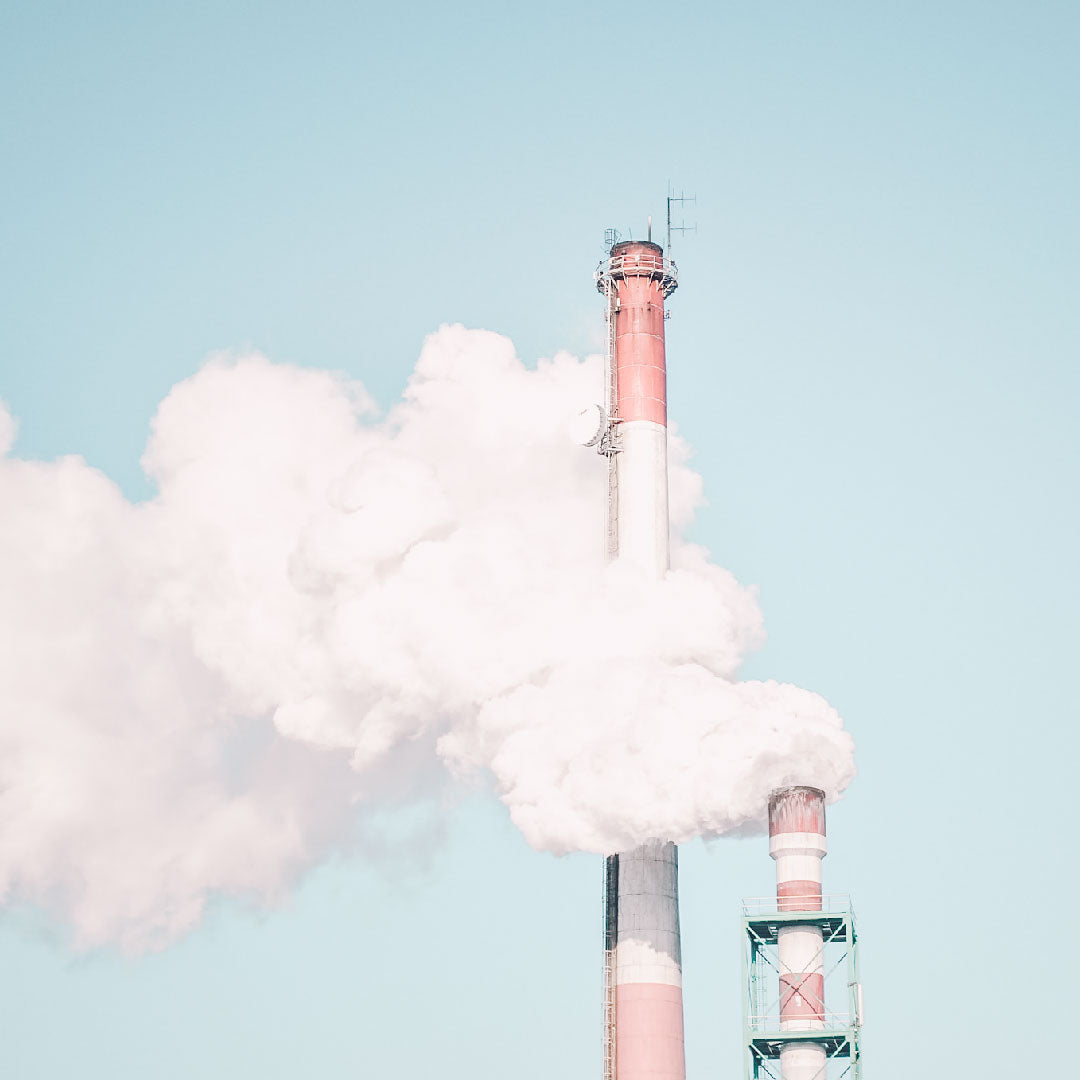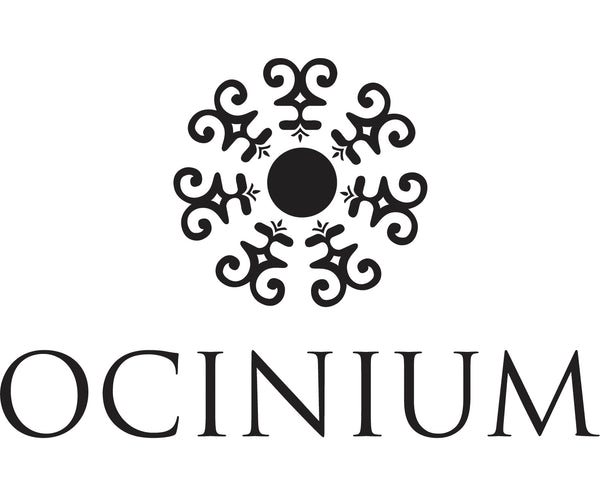Is pollution aging us faster?
March 03 2021 – Cassandra Hilton

We all know the importance of protecting our skin from the damaging effects of UV rays—but preventing visible signs of aging and achieving healthy skin doesn’t stop at SPF!
Pollution particles consisting of smoke, soot, acids and emissions consist of particle sizes smaller than pores, allowing them to infiltrate into deeper layers of the epidermis.
Once pollution enters the skin, it causes inflammation while damaging collagen and elastin, in turn promoting the formation of fine lines, wrinkles, uneven spots and sensitivity.
Protecting ourselves from the environment has moved indoors, with concerns of our increasing exposure to blue light making us age faster.
Blue light is a high energy visible light (HEVL) emitted from smart phones, laptops, tablets, e-readers, computers and television screens. However it is the light from smartphones and computer screens that we are chronically exposed to and constantly connected to on a daily basis.
HEVL has the ability to penetrate deeper into the skin when compared to both UVA and UVB light, penetrating all the way to the dermis. Sunscreens are designed to only block UVA and UVB wavelengths with the majority void of a shield to protect the skin from the effects of visible light.
Blue light increases the reactive oxygen species load on the cells, resulting in the formation of free radicals and subsequent oxidative stress. As a consequence the skin responds with associated symptoms like premature ageing, hyper-pigmentation, wrinkle formation and a loss of elasticity and firmness.
Exposure to blue light is also associated with altered circadian rhythms, impacting biological skin functions of DNA repair, immunity and rejuvenation.
The inclusion of blue light filters and adjusting device filters to night mode which activates a yellow filter, can reduce blue light emissions on the skin and eyes.
Recent studies in human skin indicate topical antioxidants vitamins A, niacin amide, C and E, reduce the impact of free radical generated from blue light on skin. They top up the epidermal reservoir of antioxidants that are depleted upon exposure to UVR, air pollution and blue light.
We have your skin covered with our favourite anti-oxidant products.
YOUR EDIT
Metamorphis Multi-Vitamin Cream
